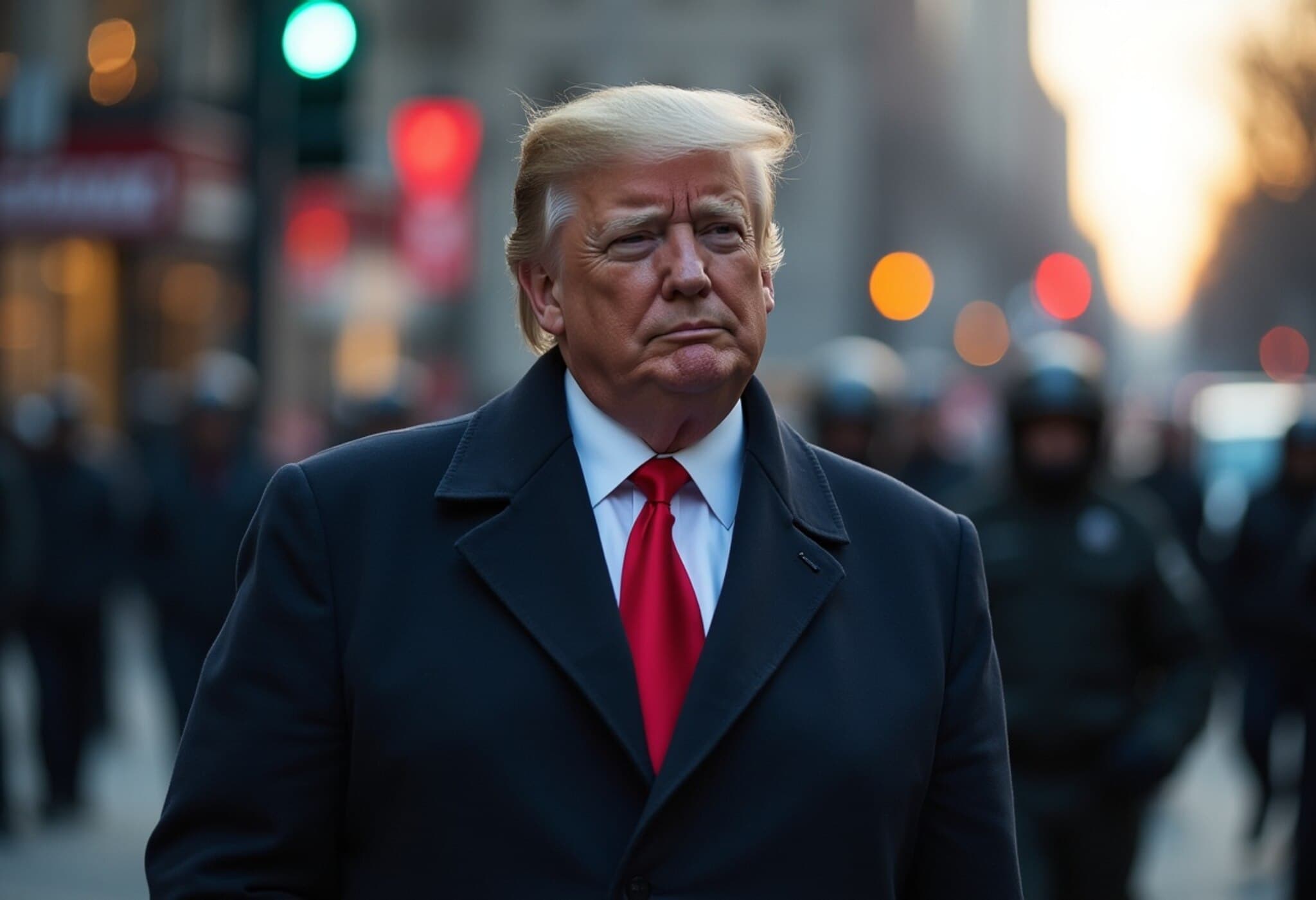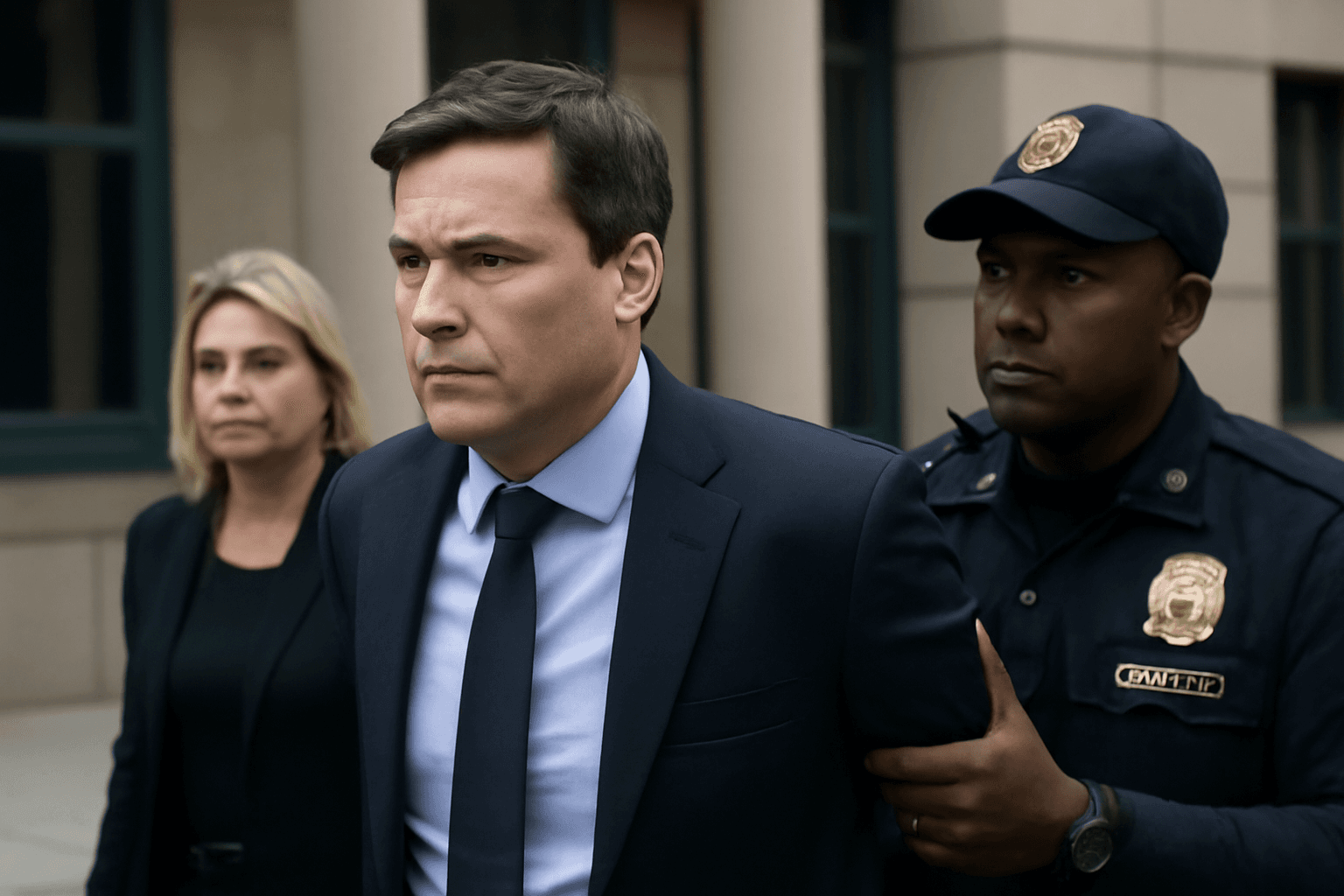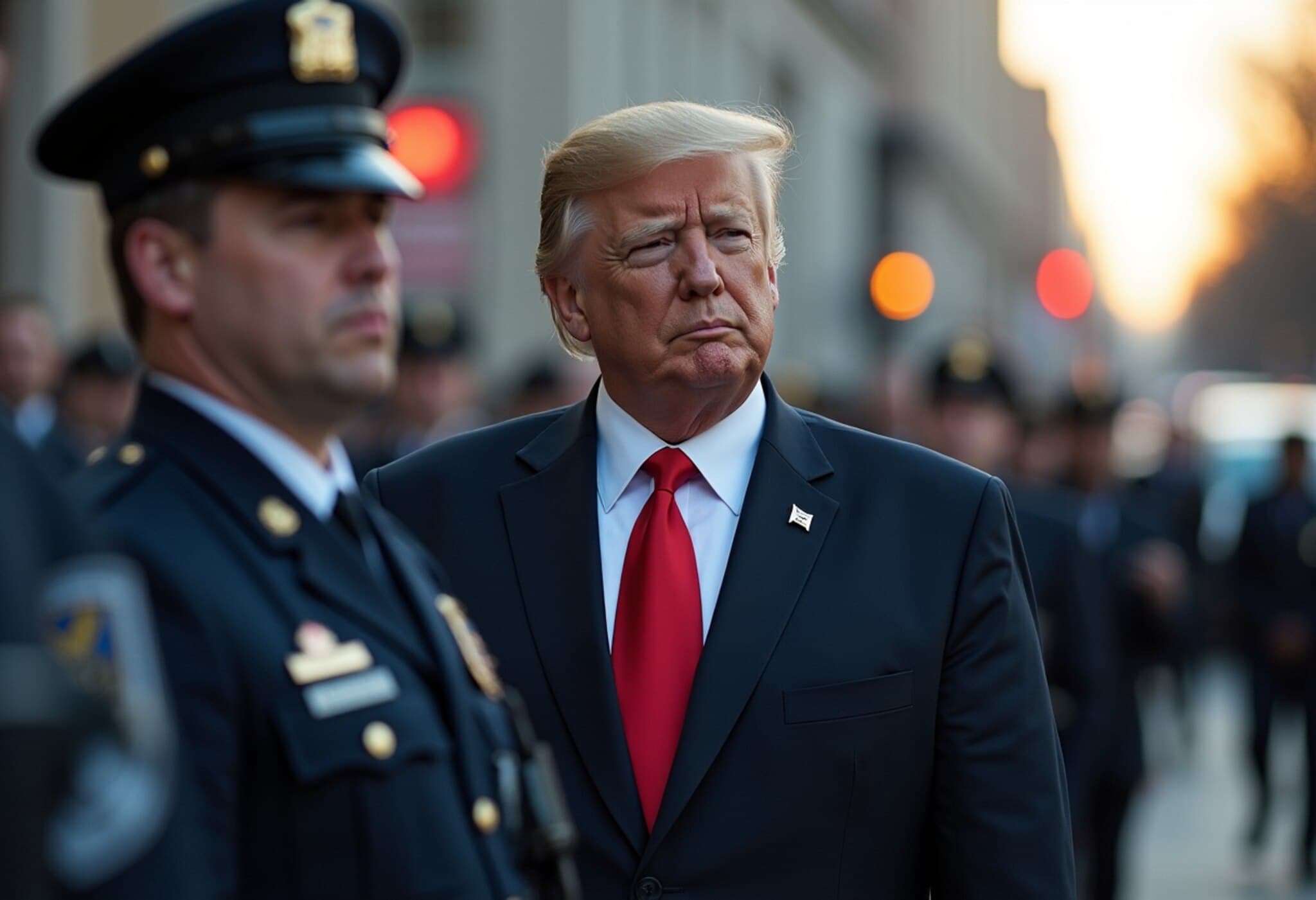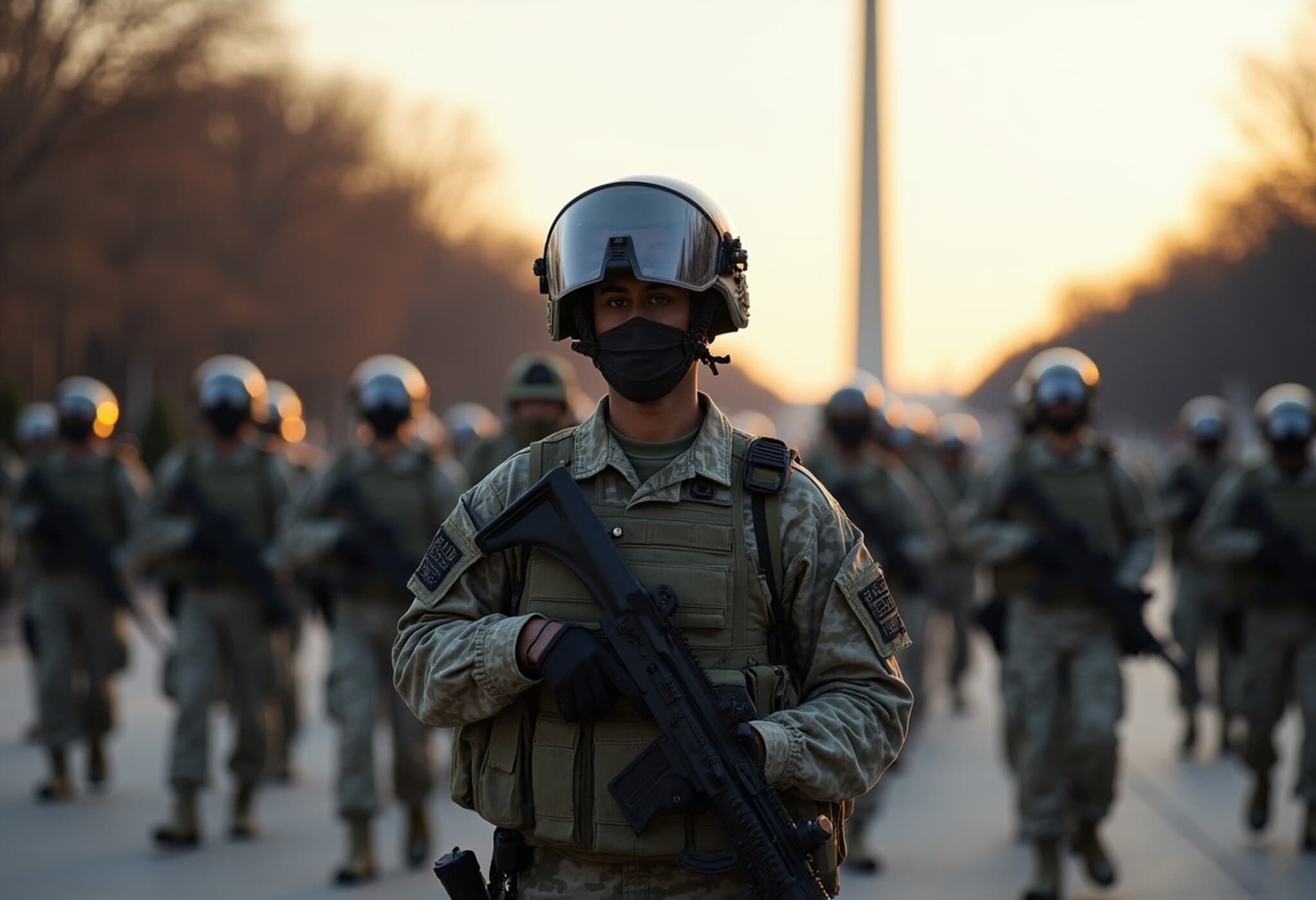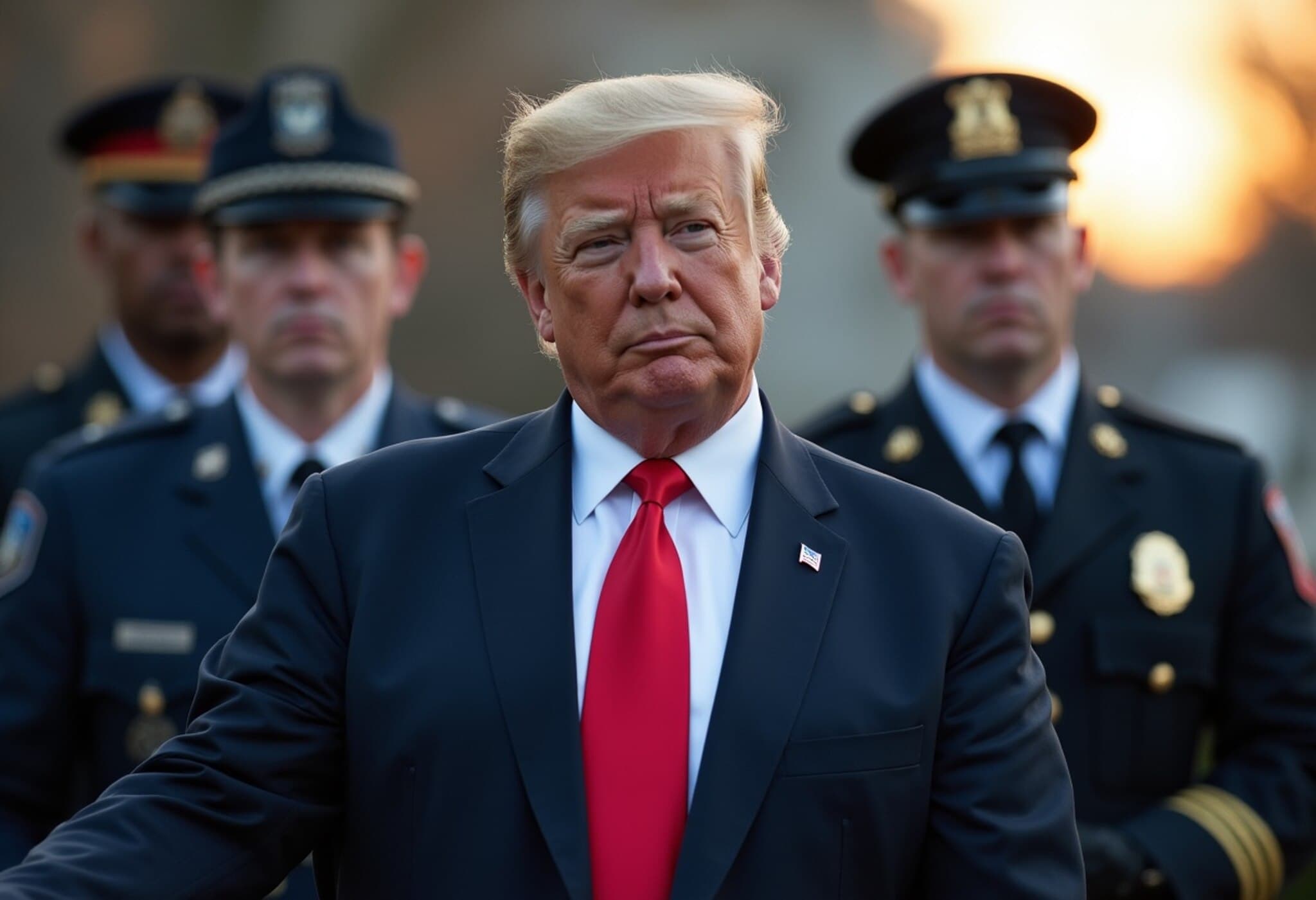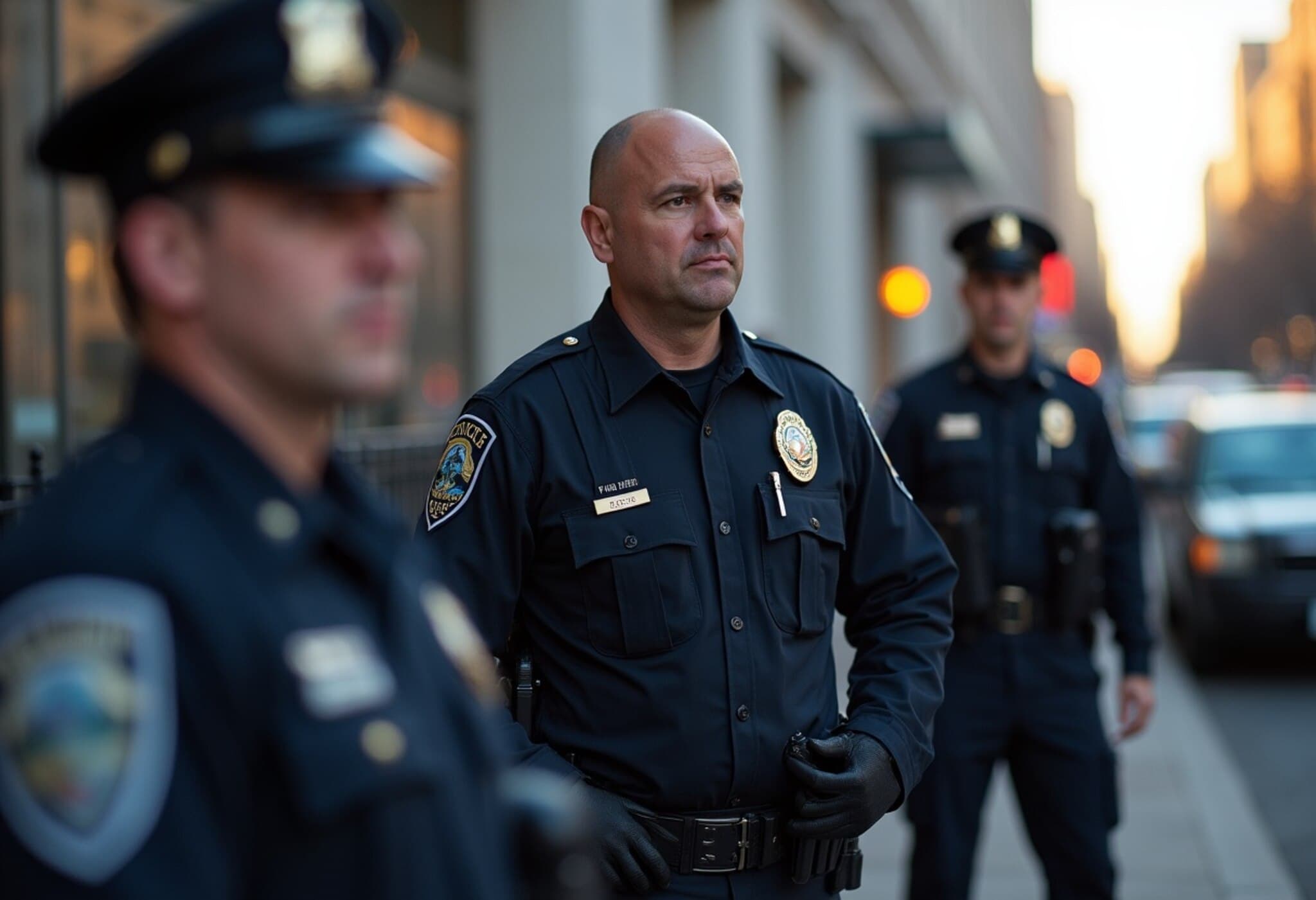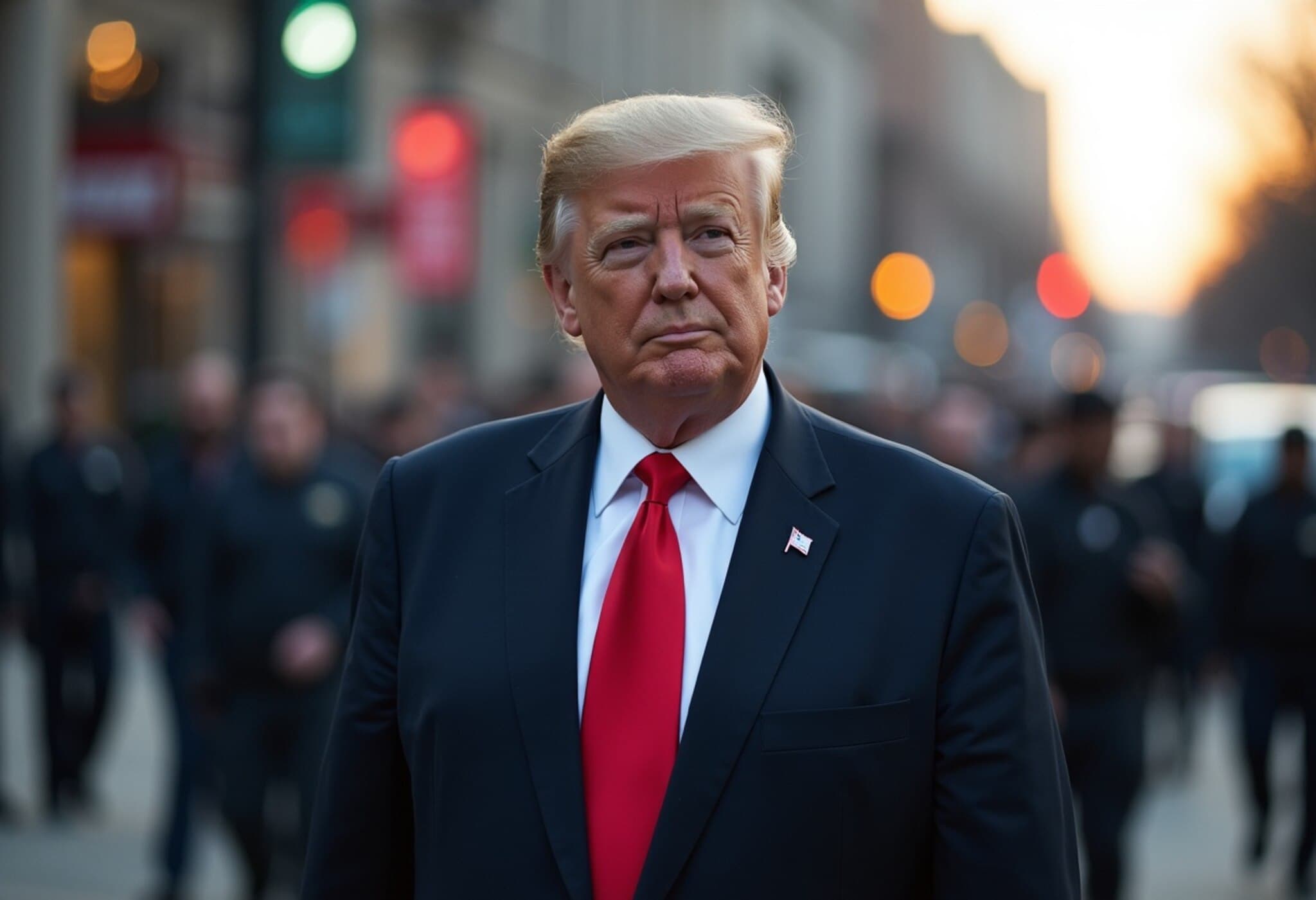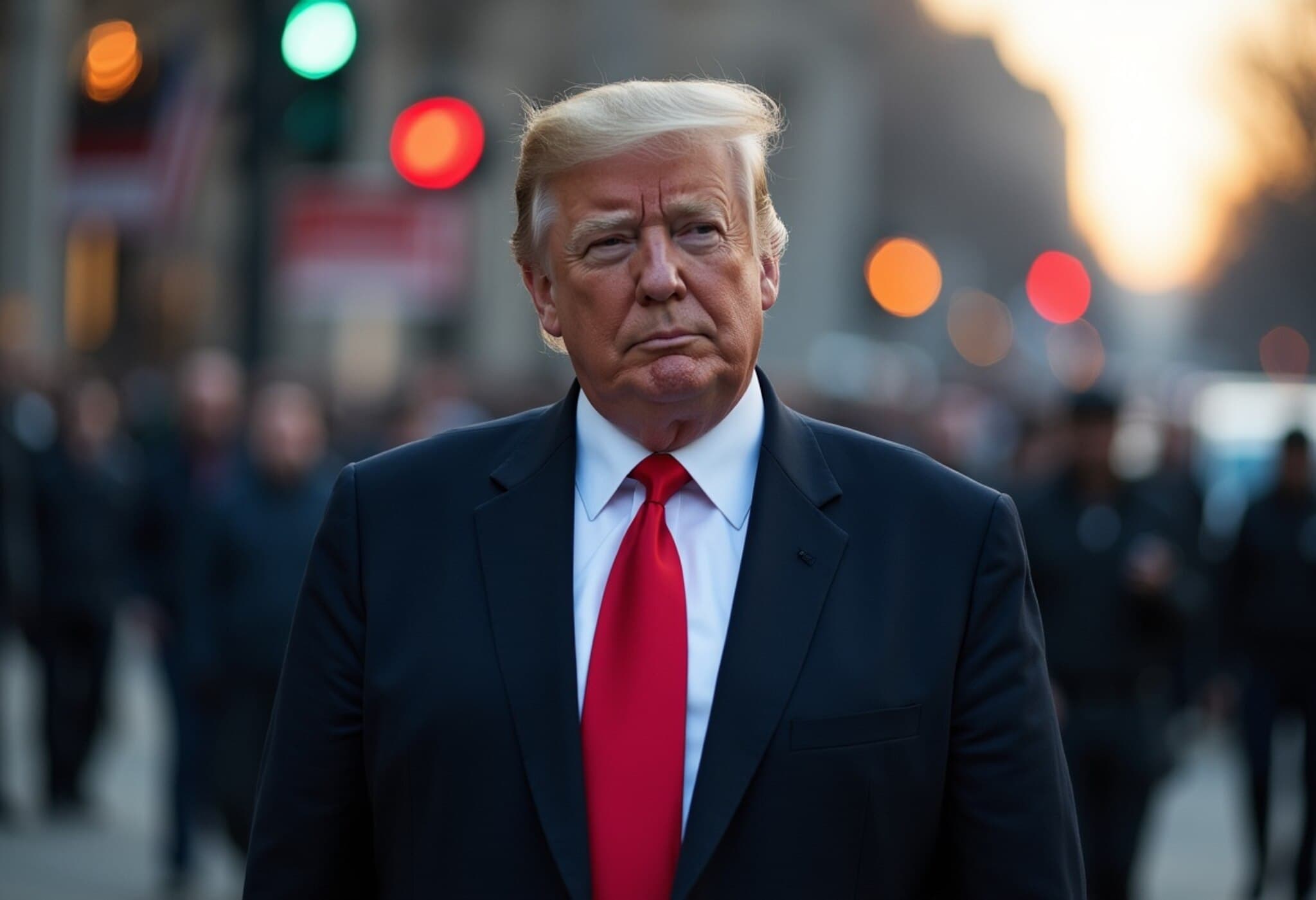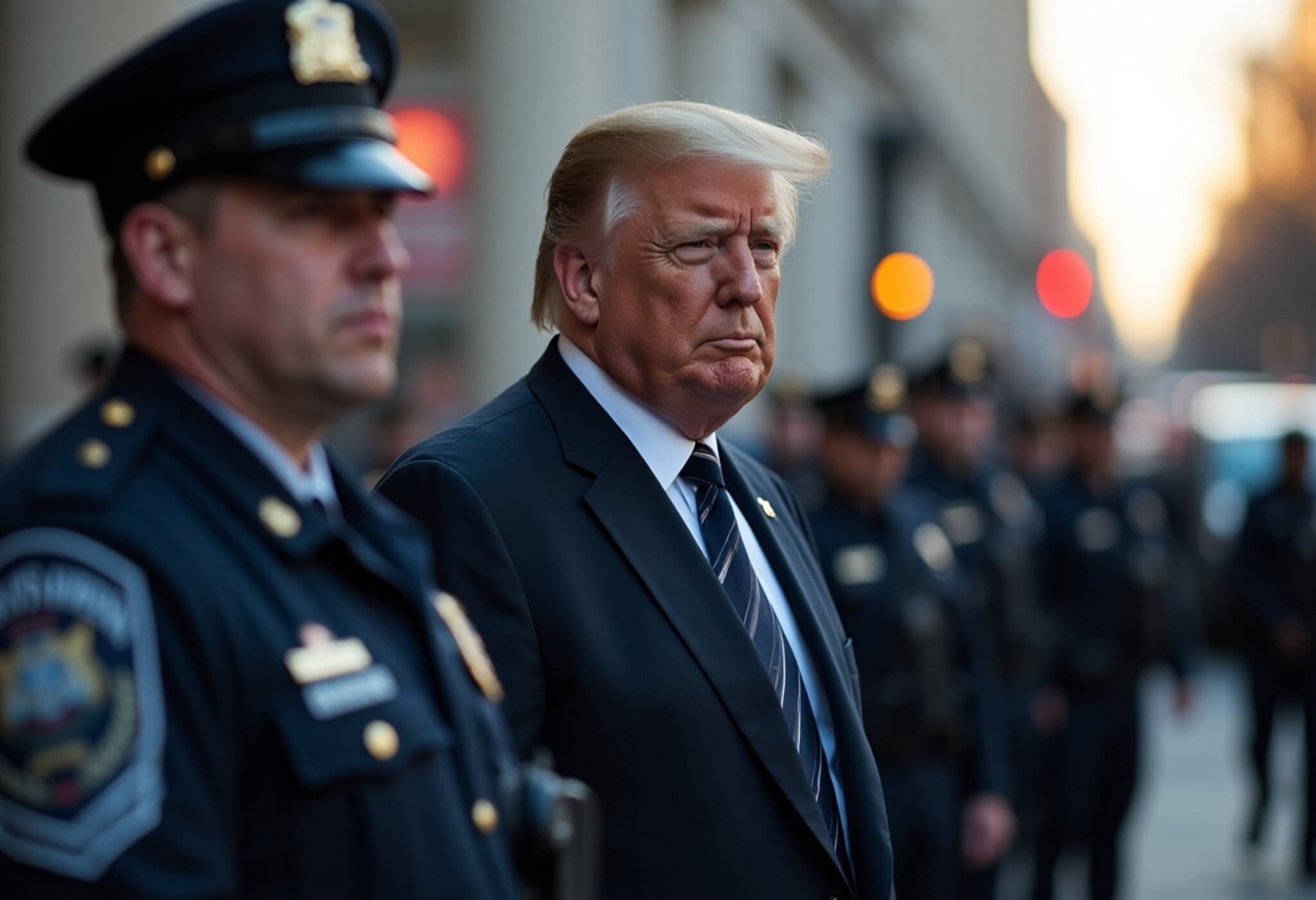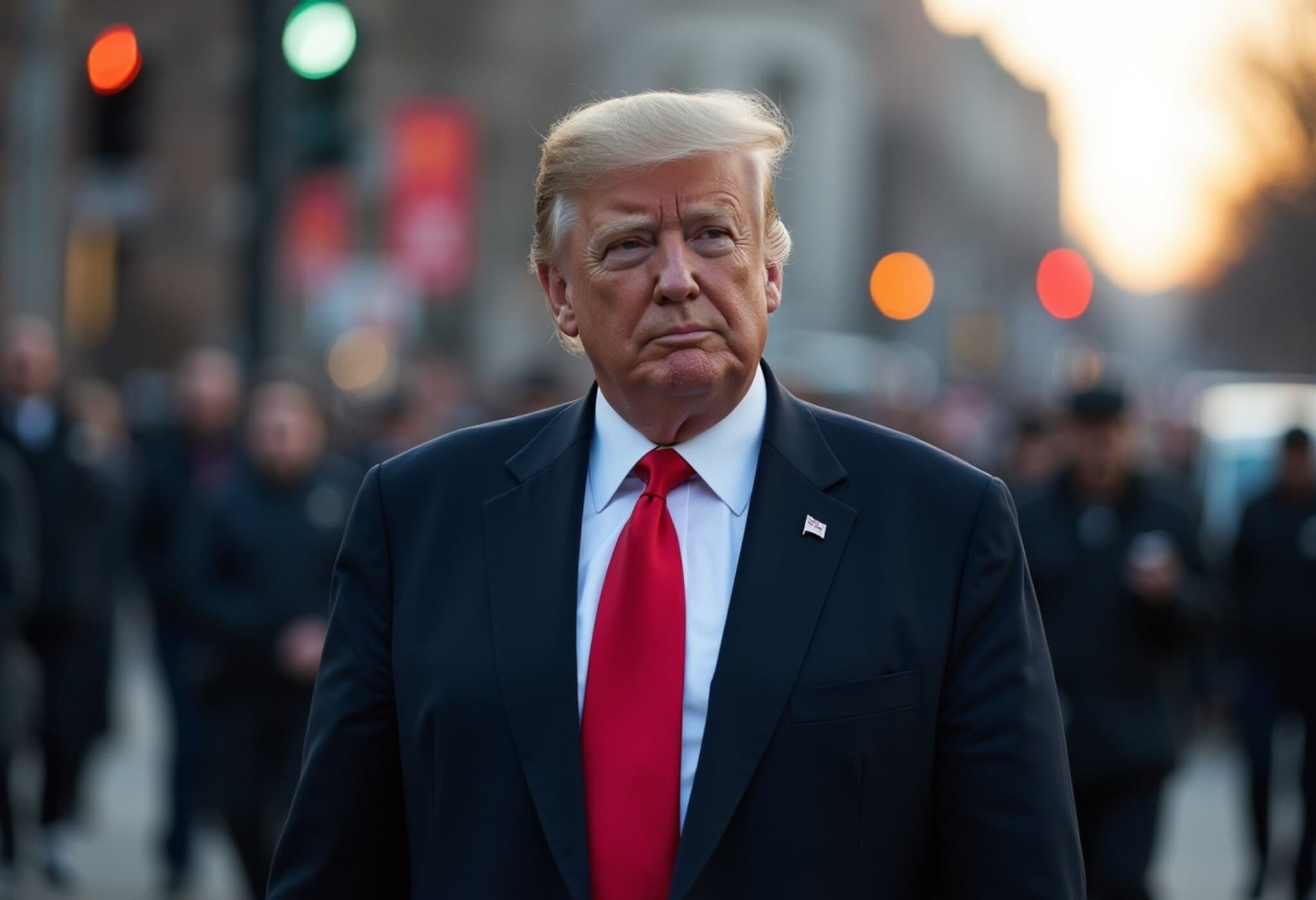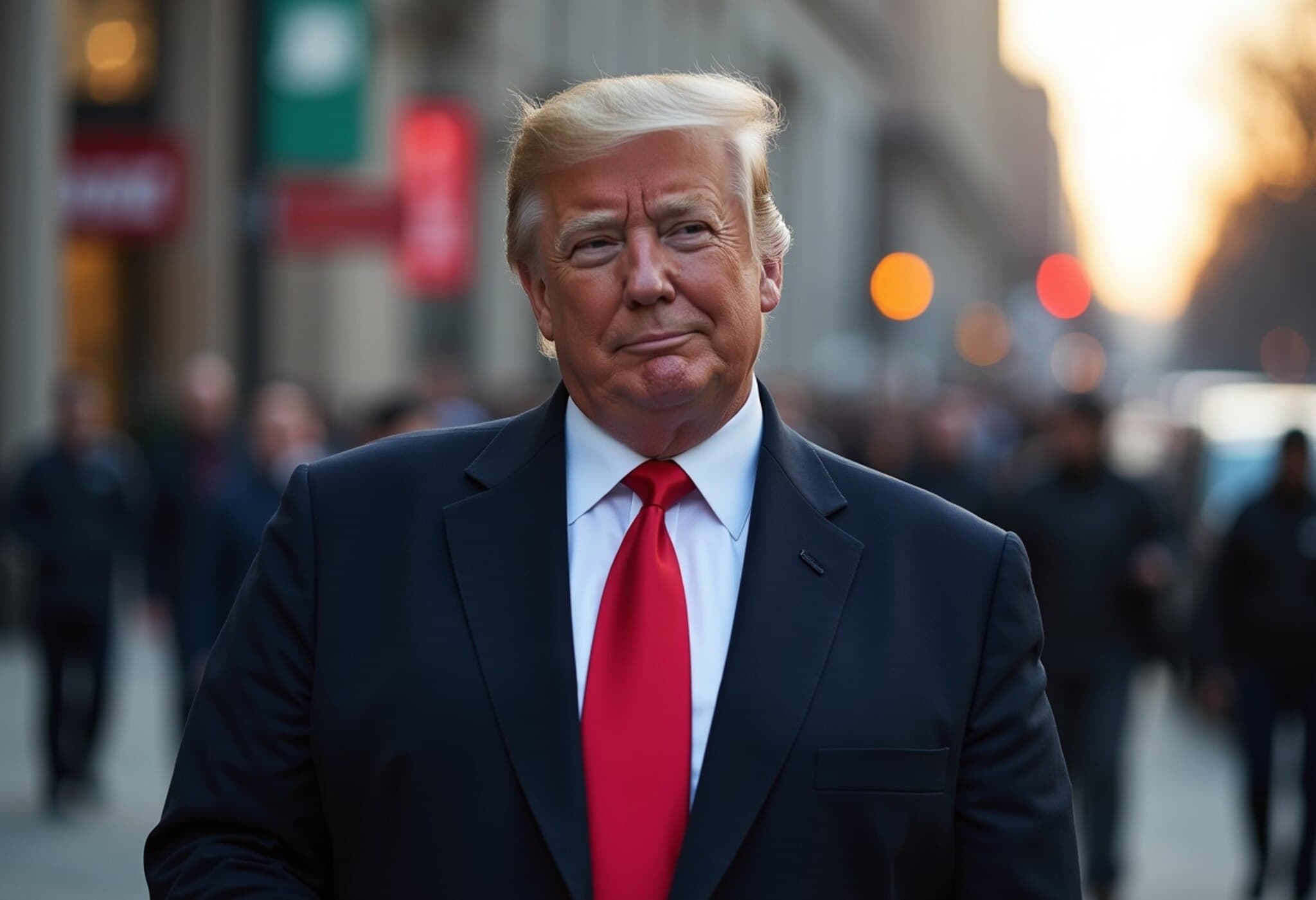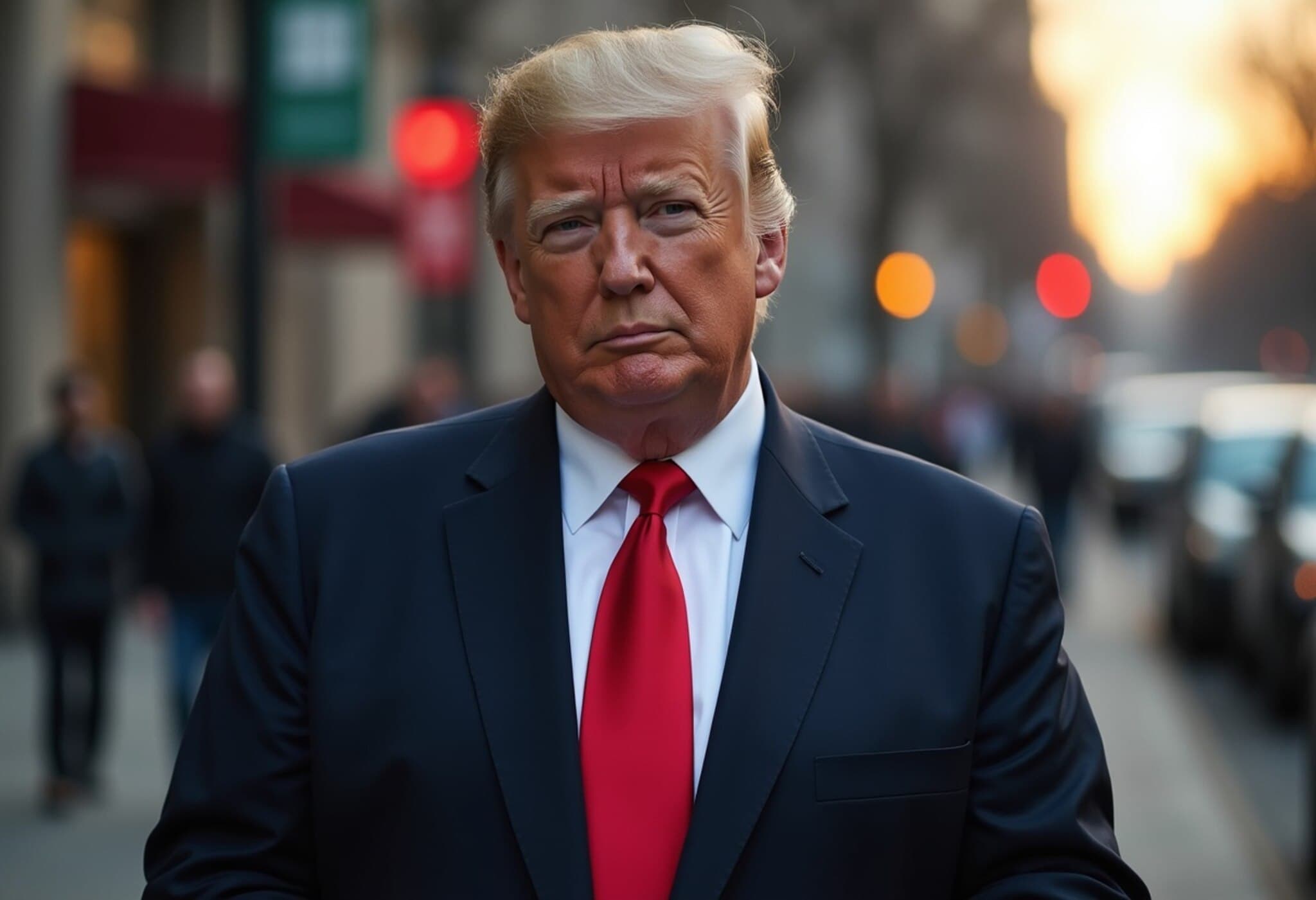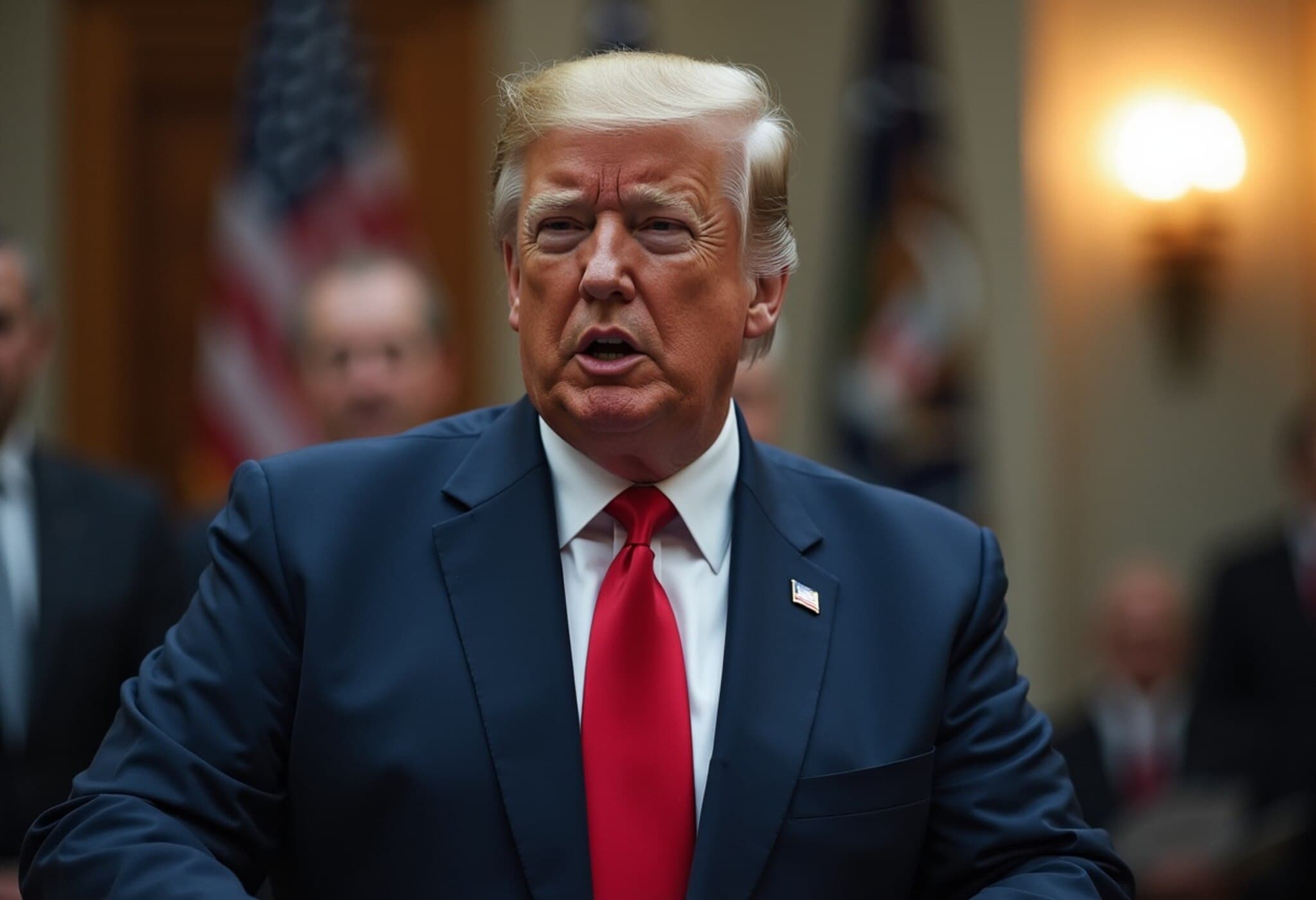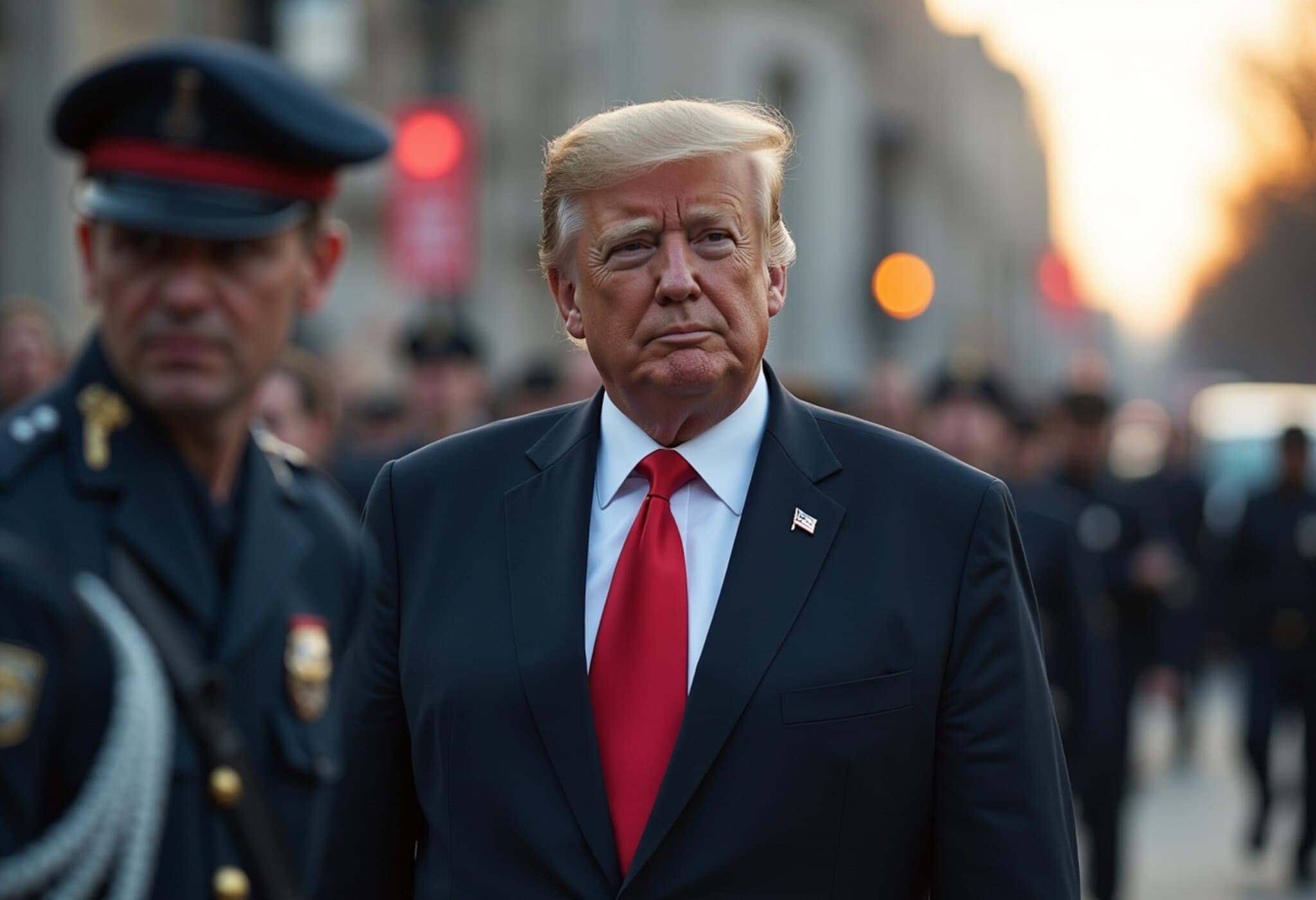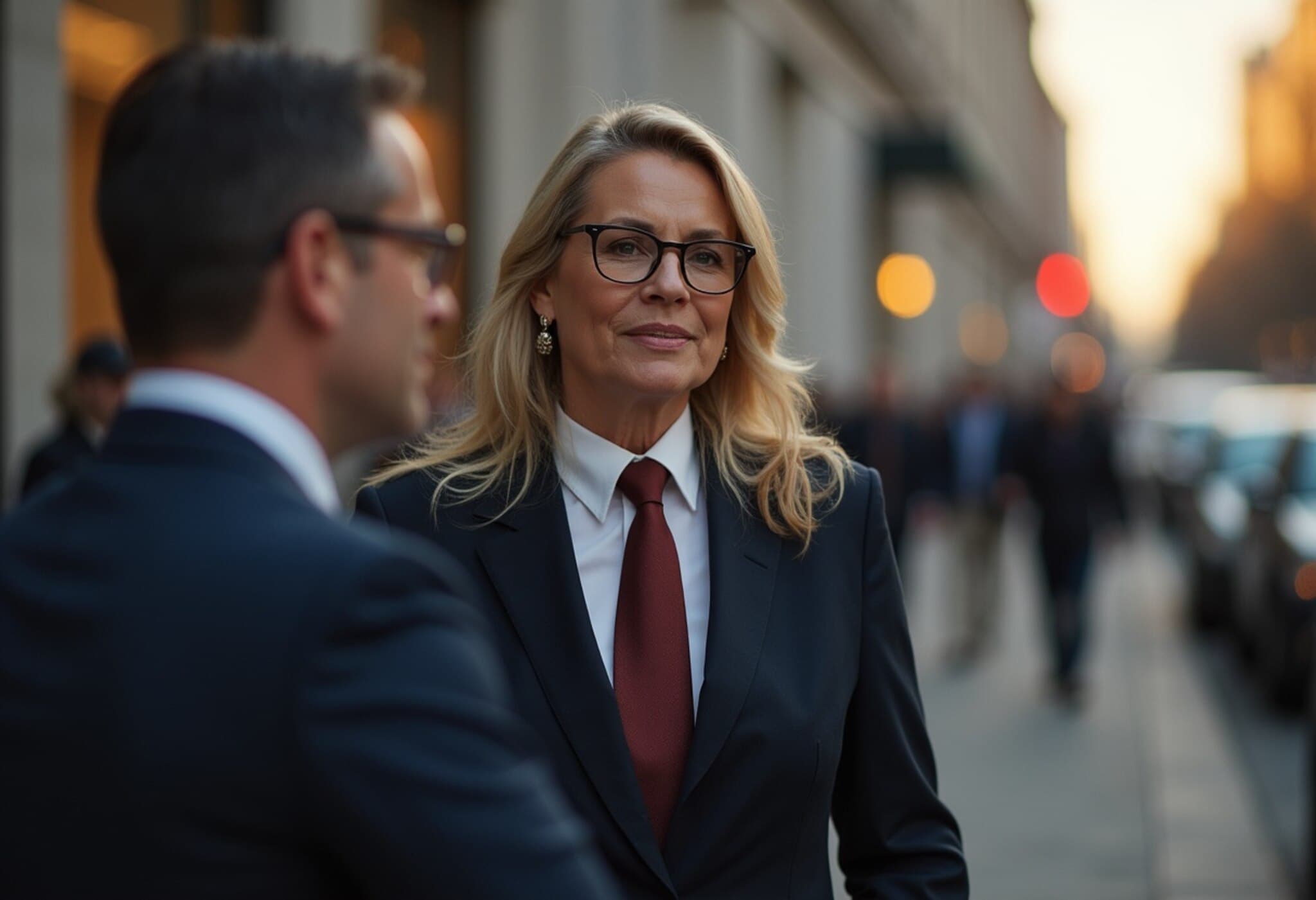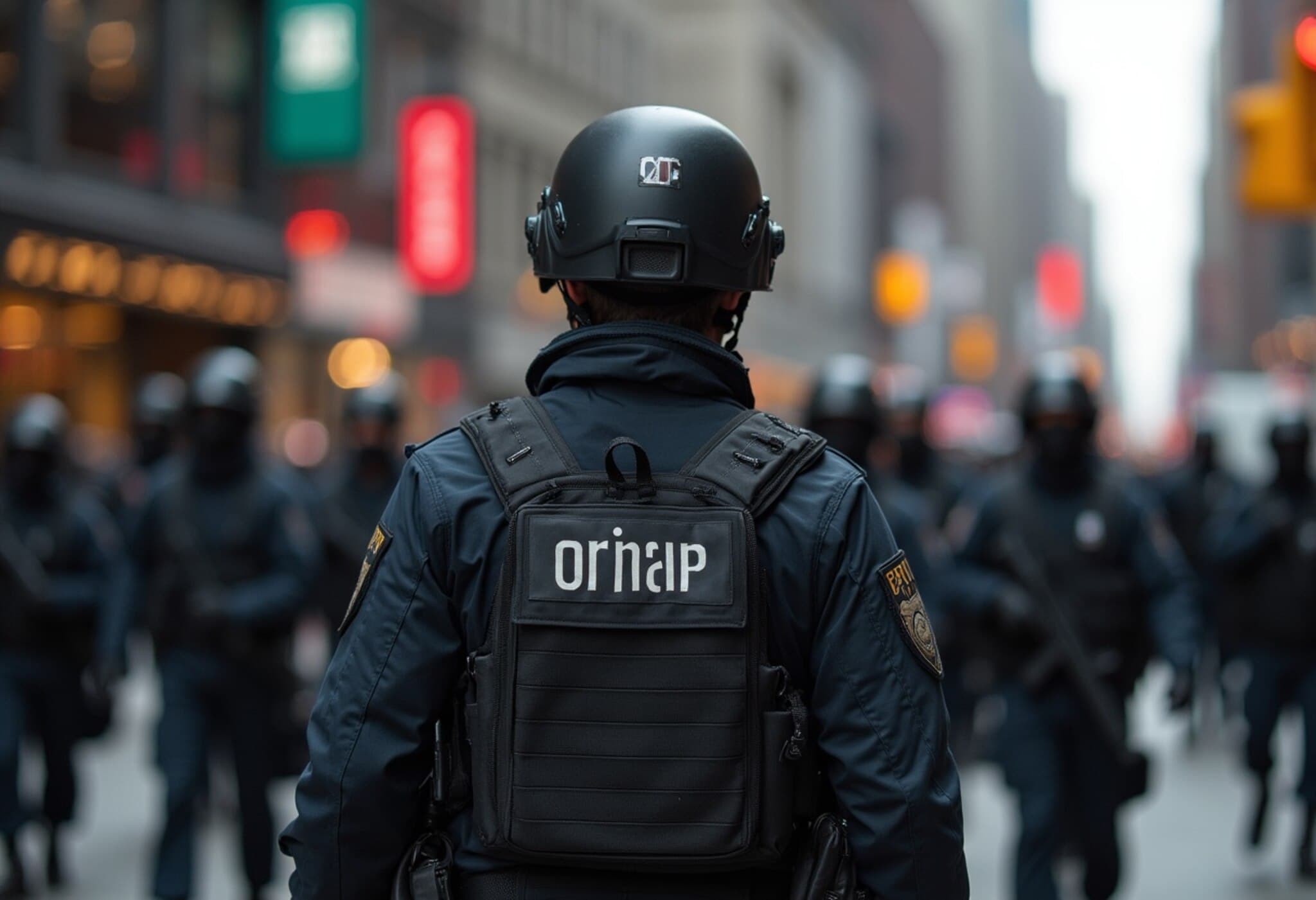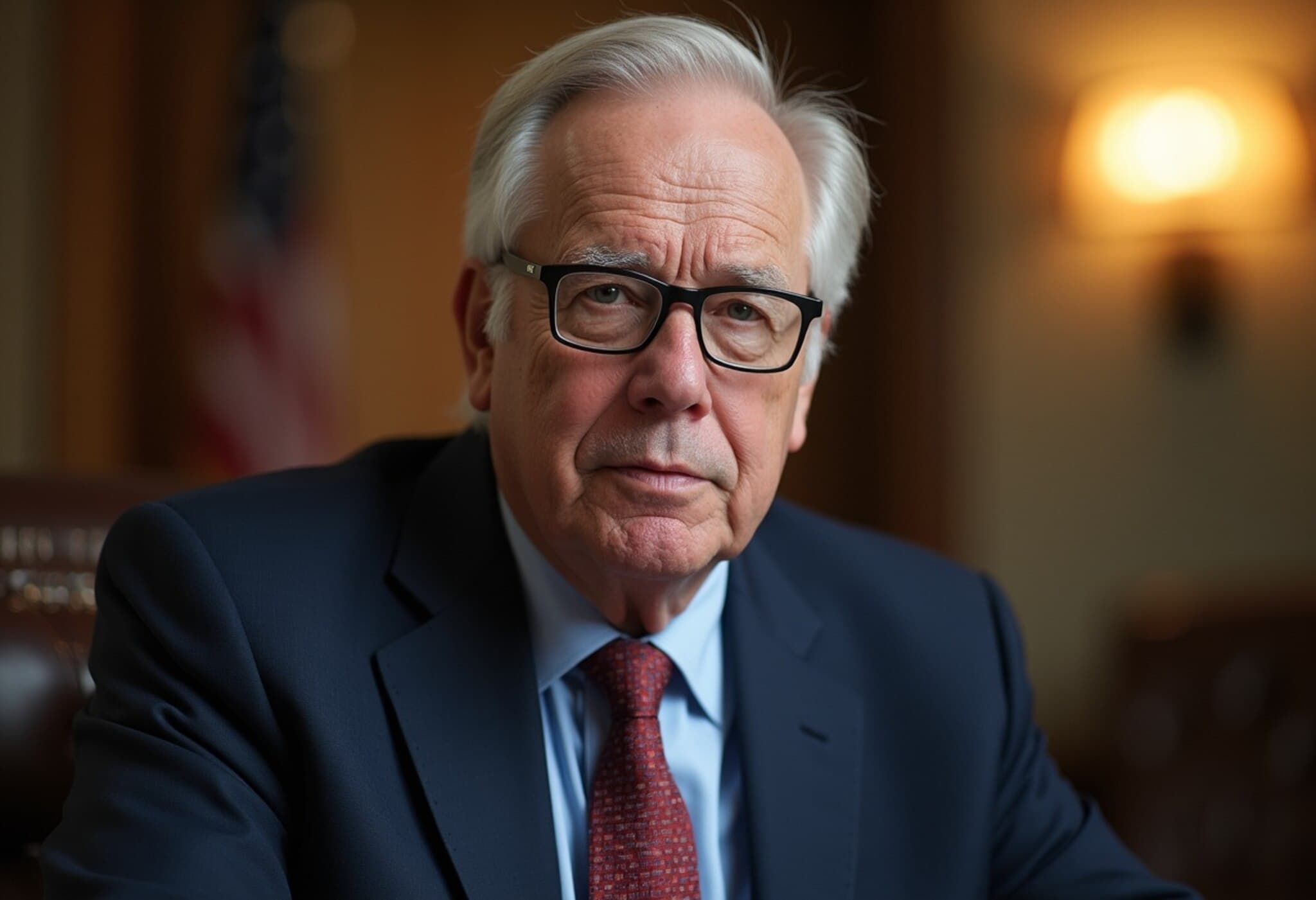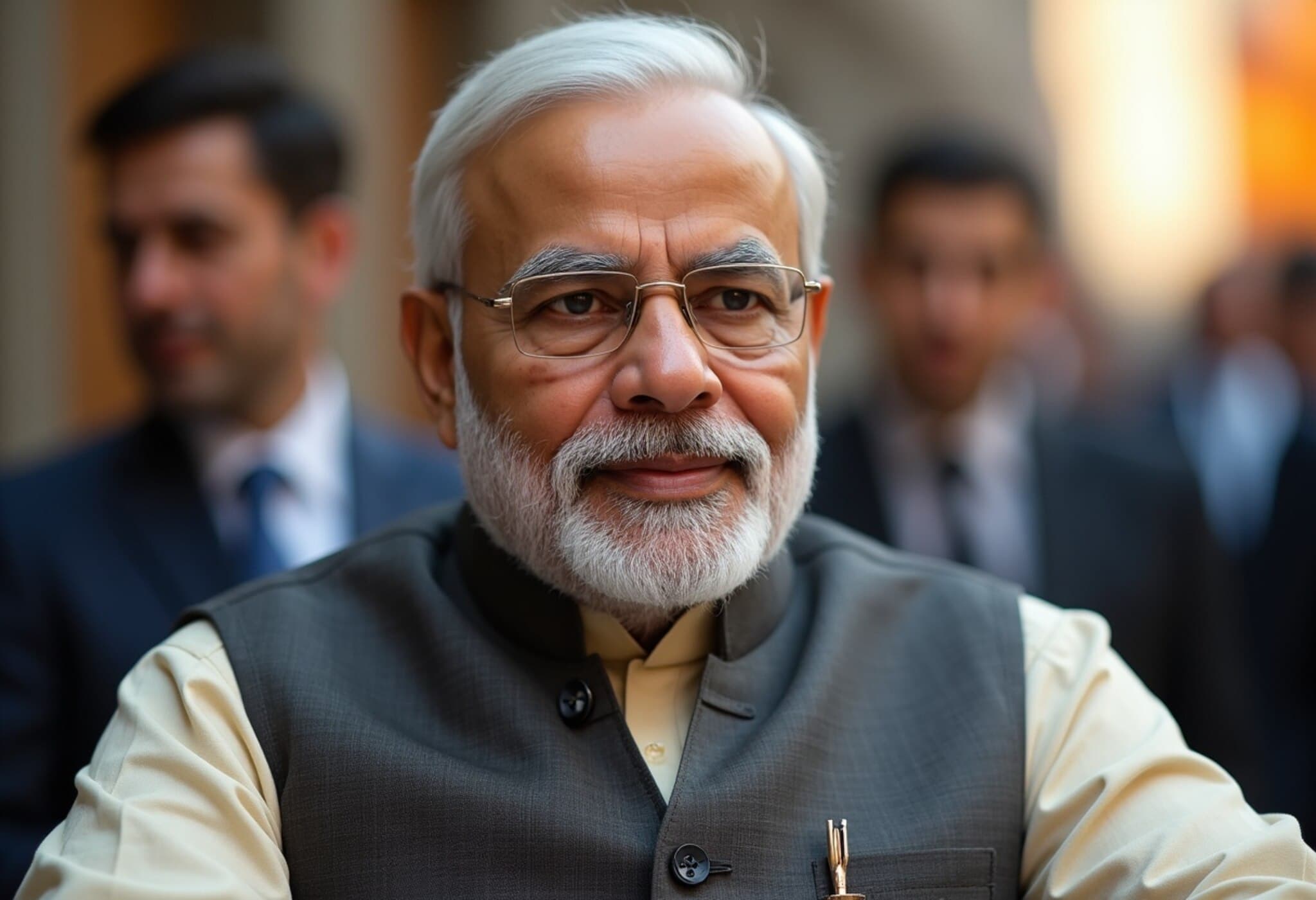Trump Orders Federal Control Over Washington D.C. Police
In a move that has sparked intense debate, President Donald Trump announced his decision to deploy the National Guard across Washington, D.C., while placing the city’s police forces under federal supervision. This dramatic step, taken in August 2025, aims to bolster law enforcement capabilities and reduce rising crime rates but raises pressing questions about federal authority, local governance, and civil liberties.
Background and Context
Washington, D.C., the nation’s capital, has recently witnessed a surge in criminal activities, including violent offenses and civil unrest. In response, the Trump administration views federal intervention as a necessary measure to restore order and protect both residents and the federal institutions entrenched within the city.
What Does Federal Control Mean?
- National Guard Deployment: Thousands of National Guard troops are being positioned throughout D.C. to reinforce local law enforcement efforts.
- Federal Oversight of Local Police: The city’s Metropolitan Police Department will, temporarily, operate under the direct authority of federal law enforcement agencies.
- Enhanced Coordination: This shift allows for unified command of security operations amid concerns of protests and criminal activity escalating beyond local capacities.
Legal and Political Implications
This intervention touches on the delicate balance between local autonomy and federal power. Washington, D.C., although a federal district, traditionally manages its own police force. By seizing control, the federal government faces scrutiny from civil rights groups and local politicians wary of potential overreach and the precedent it sets.
Legal experts caution that such federal takeovers are rare and typically reserved for extraordinary circumstances like insurrections or natural disasters. Here, the Trump administration justifies the move by citing escalating violence and threats to national security buildings.
Reactions from Key Stakeholders
- Local Authorities: Some D.C. officials criticize the federal intrusion, emphasizing the importance of community policing and local democratic accountability.
- Supporters of the Move: Advocates argue that federal involvement is necessary to quickly stabilize the city and ensure safety.
- Civil Rights Groups: Many warn that military-style enforcement risks exacerbating tensions and undermines trust between law enforcement and marginalized communities.
Expert Commentary: Balancing Security and Democracy
As an experienced policy analyst, I observe that the use of federal power over local police highlights the challenges of governing a capital city with unique jurisdictional status. While security is paramount, the approach must be calibrated to respect civil liberties and avoid alienating the citizenry.
Historically, the U.S. has grappled with federal intervention in local policing during crises—from the civil rights era to recent protests—each time sparking debates on the appropriate limits of government authority.
Broader Implications for U.S. Federalism
This episode underscores tensions in federalism, where the federal government’s role in city governance, especially in D.C., intersects with constitutional norms and political dynamics. The move may ignite further discussions in Congress regarding the District’s autonomy, statehood efforts, and federal responsibility toward its capital.
What Comes Next?
As the National Guard operates in the streets and federal agencies coordinate the police, scrutinizing outcomes will be critical. Will this strategy effectively reduce crime without infringing on rights? Can trust be rebuilt between authorities and Washington residents?
Monitoring these developments, alongside community voices, will be essential to ensure that security measures do not come at the expense of democratic values.
Editor's Note
President Trump’s decision to bring Washington, D.C.’s police under federal control is a significant, if controversial, attempt to address the city’s complex security challenges. This gesture raises vital questions about the balance between maintaining public safety and preserving local autonomy and civil freedoms. As events unfold, citizens and policymakers alike must reflect on the precedent set and consider sustainable approaches to urban governance that honor both law and liberty.

